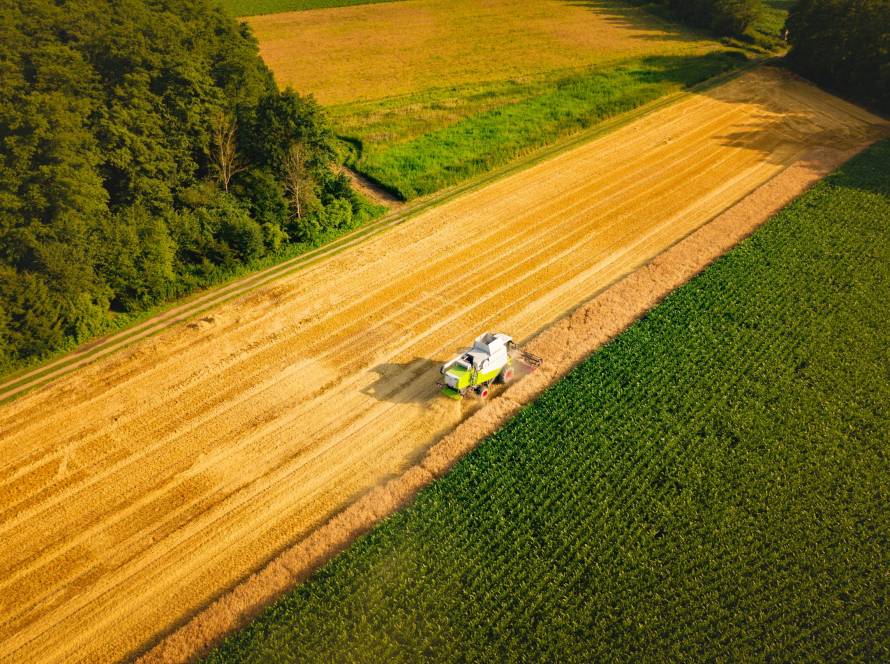Industrialization has brought about a profound transformation in nearly every aspect of our lives. From agriculture to food, textiles to construction, this transformation has accelerated production, reduced costs, and increased accessibility. However, behind this rapid growth lies an ever-deepening void: our disconnection from nature. Amid the relentless pace of industrial production, our connection to the rhythm of the soil has weakened. Today, as both producers and consumers, we are witnessing the consequences of this disconnection in environmental crises, declining food quality, and shifting social structures. For this reason, the focus is no longer solely on production but on producing in harmony with nature.
The Cost of Drifting Away from Nature
Modern production systems, in their pursuit of maximum efficiency, have often ignored nature’s cycles. Practices such as monoculture farming, excessive chemical use, deforestation, and the depletion of groundwater have begun to exhaust the earth. Soil is not merely a surface for production; it is a living ecosystem. Yet, industrial production often views soil solely as a “resource,” neglecting its spirit and balance.
Seeking Natural Balance: Why Now?
As the effects of the climate crisis intensify, water sources dwindle, and droughts and extreme weather events become more frequent, a pressing question grows louder: “What are we losing in the process of production?” This question is no longer just the concern of environmentalists; it is now on the agenda of farmers, industrialists, brands, and consumers alike. Seeking natural balance means prioritizing soil health, reducing waste, lowering carbon footprints, and building a more circular economy. It’s not just about environmental sensitivity; it’s about a conscious effort to protect the future.
New Approaches in Industrial Production
Today, many industries are restructuring around sustainability. Regenerative agriculture, biodiversity-preserving supply chains, carbon-neutral factories, and production facilities powered by renewable energy are examples of this new approach. This transformation is not only about “reducing harm” but also about creating space for the soil and nature to heal themselves. For instance, major food producers are now focusing not only on production volume but also on the impact of production on soil. Practices that enhance the carbon sequestration capacity of agricultural lands, natural fertilization methods that preserve soil vitality, and chemical-free production models are becoming increasingly widespread.
Respect for the Soil: Local Wisdom, Global Future
Traditional knowledge plays a significant role in helping industrial systems reconnect with nature. Agricultural practices that have been applied for centuries in Anatolia, Mesopotamia, Africa, and the Far East carry the wisdom of living in harmony with nature. This perspective, which sees soil not just as a production platform but as the source of life, is now combining with modern technology to create an ethical and efficient production model.
Corporate structures are increasingly collaborating with local producers to draw on this wisdom. Modern analytical techniques, drones, satellite data, and data analytics systems complement traditional methods, contributing to sustainability. This hybrid model is becoming the contemporary way to reconnect with the soil.
Our Responsibility as Consumers
The transformation in production is not solely the responsibility of producers; it gains meaning when supported by consumers’ conscious choices. Opting for nature-friendly, traceable, and locally produced products enhances the sustainability of this transformation. More and more people want to be part of not just a product but a value chain, an ethical stance, and a nature-friendly system.
The Time to Return to the Soil
Reconnecting with the soil is not about returning to the past; it is about moving toward the future with stronger steps. In this new era where industrial production meets sustainability, every production model that respects natural balance is an ode to the soil. Because soil is not only the foundation of production but also the foundation of life itself.





